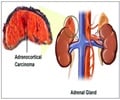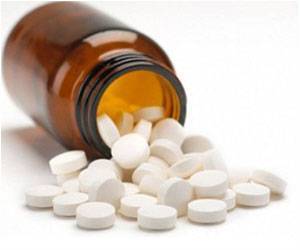Q: Which doctor one should consult for Cushing''s Syndrome?
A: If you have signs and symptoms of Cushing's syndrome, then you should consult a general physician who will refer you to an endocrinologist.
Q: What are the side effects of chemotherapy given for treating Cushing ''ssyndrome?
A: The side effects of chemotherapy include abdominal pain, fatigue, muscle aches, nausea, vomiting, headaches, high blood pressure, low potassium, swelling and in some cases, neurological side effects and liver toxicity.
Q: Is it true that the pituitary surgery done to treat Cushing''s syndrome have some serious effects?
A: The pituitary tumors are very small and due to this, the gland can be damaged during the surgery which can affect the hormone secretion by the pituitary gland. As the pituitary gland also controls the production of estrogen, testosterone, thyroid hormone and growth hormone, so a replacement therapy for these hormones must be required. Also, if during the surgery, the posterior lobe of pituitary (responsible for secreting antidiuretic hormone which is responsible for water reabsorption by the kidneys) is damaged, it will lead to frequent and large amounts of urination (diabetes insipidus), leading to dehydration. The ADH hormone should be replaced with a daily dose of a nasal spray or pill.
Q: Can a person die from Cushing''s syndrome?
A: If Cushing's syndrome is left treated, it will lead to complications such as high blood pressure, diabetes, osteoporosis, kidney stones and frequent infections ultimately leading to death.
Q: What are the prevention tips for Cushing''s syndrome?
A: If someone is taking corticosteroid medications for long periods of time, it is important to undergo frequent follow-ups to recognize the signs and symptoms of Cushing's syndrome in order to prevent it.













